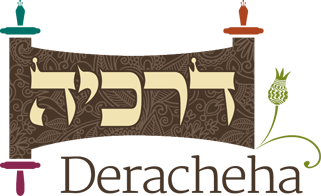| ♥ 0 |
For medical reasons, I’ll need to break my fast on the morning of Tisha Bav. Can you walk me through havdalah?
Marked as spam
|
|
Private answer
We’ll first lay out standard procedure for someone who is fasting, drawing on Shuchan Aruch (OC 556) and Mishna Berura (ad loc.), and then look at how that is modified when someone needs to break the fast: Standard Procedure On Motzaei Shabbat one recites “ata chonantanu” in Shemoneh Esrei of Ma’ariv. (Women who don’t recite Ma’ariv should be sure to say the phrase “baruch ha-mavdil bein kodesh le-chol” before performing labor). We also recite the blessing over the flame, which is specific to Motza’ei Shabbat. (Read more here). Havdala when Breaking the Fast If one needs to break the fast immediately on Motza’ei Shabbat, then one recites the usual havdala, just omitting the opening verses and the beracha over spices. We learned here that there is generally a preference for a woman to hear havdala from a man, when one is readily available. Some halachic authorities (Shemirat Shabbat Ke-hilchetah 62:48) express a preference for a woman to hear havdala when breaking a fast on Tish’a Be’Av from a man as well. In such a case, if the man reciting havdala is fasting, then the woman is the one to drink the beverage. However, the prevailing custom is for a woman who needs to break her fast to recite havdala for herself (Halichot Beitah 25:6). We wish you a healthy and meaningful Tish’a Be-Av! See more Q&A here. Marked as spam
|

